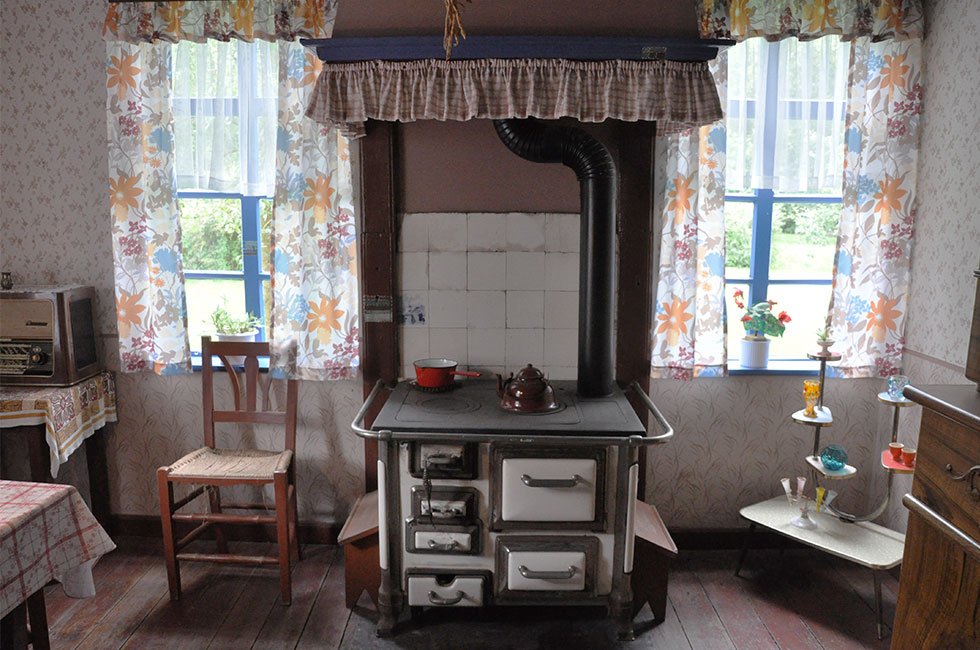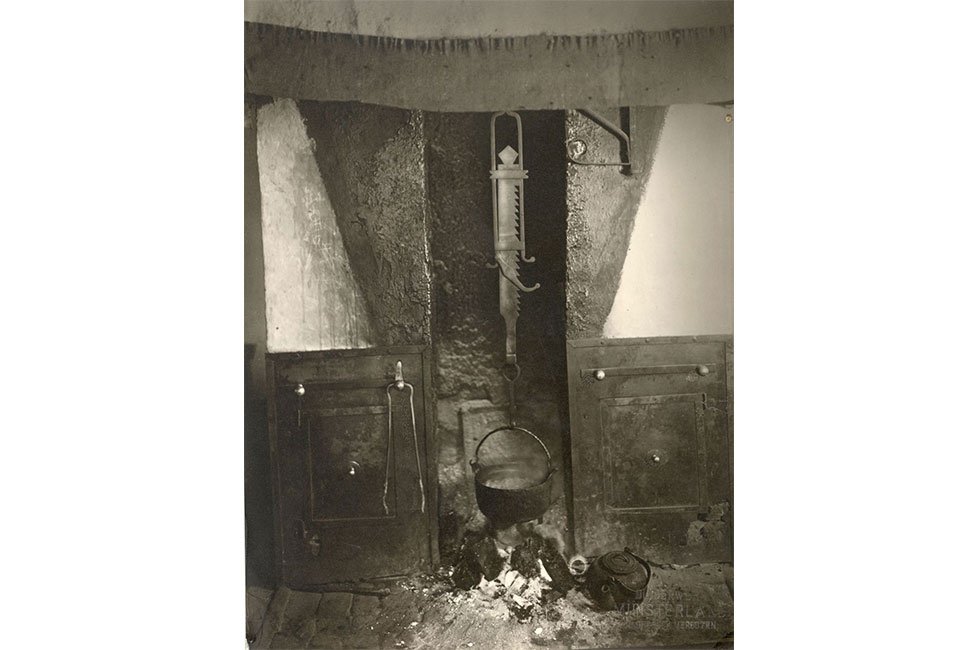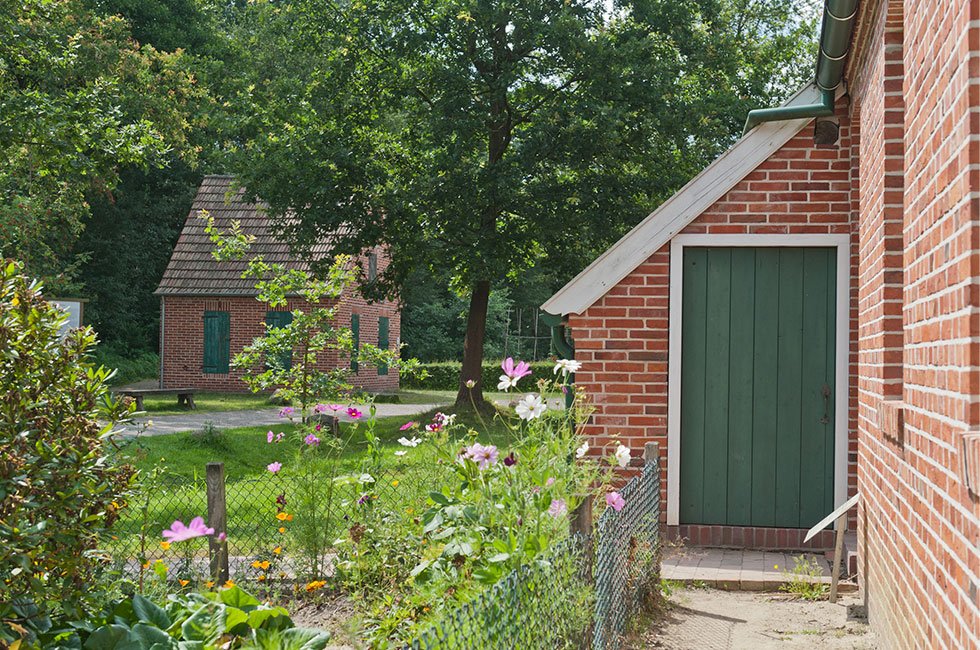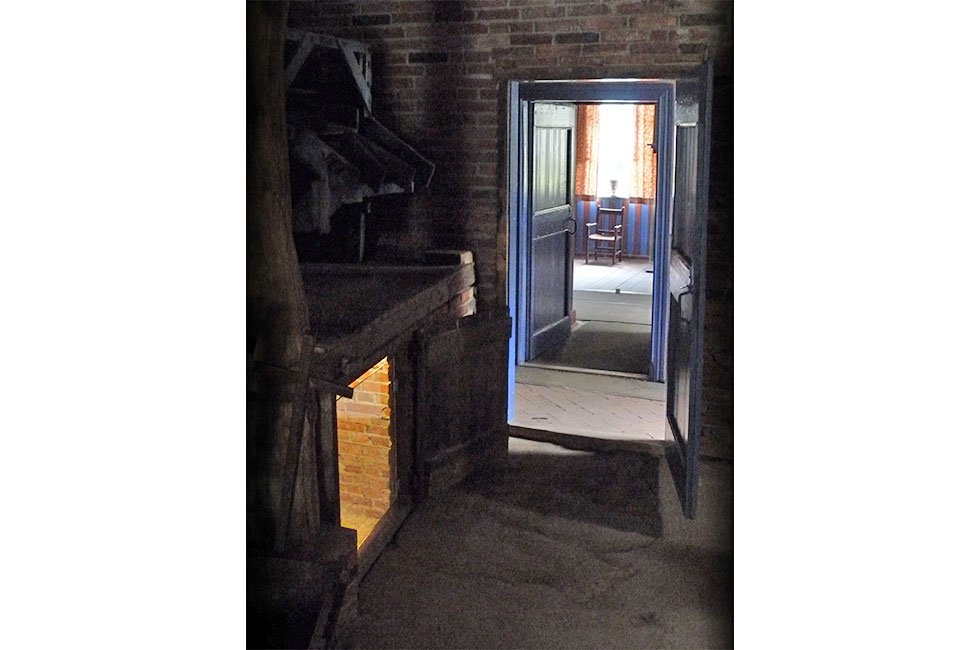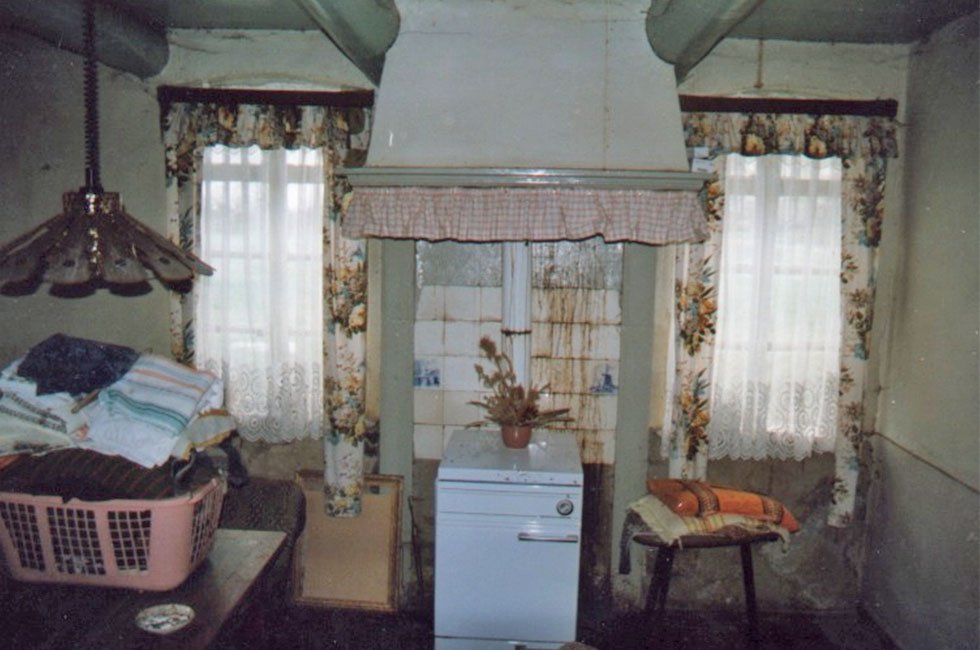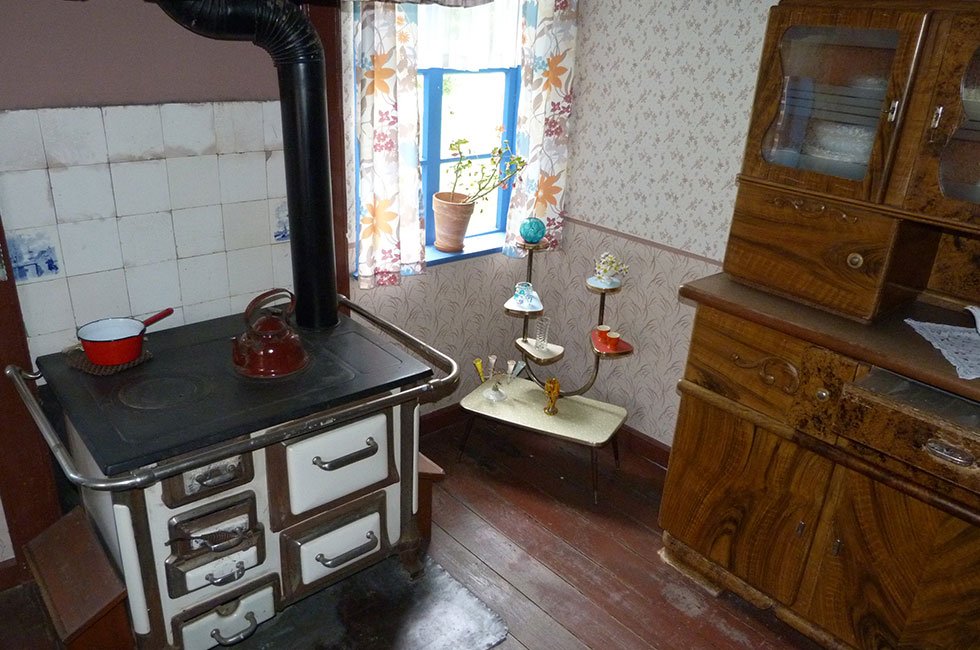Project partner:
Museumsdorf Cloppenburg – Lower Saxony Open-Air Museum
The Museumsdorf Cloppenburg is Lower Saxony’s biggest open-air museum and at the same time one of the oldest in Europe. It tells of building and living, life and work in the countryside. The houses and objects contain 500 years of history.
Almost 60 historic buildings with household goods and belongings can be experienced: whole farmsteads, four mills, numerous workshops and barns, a school, a church, an aristocratic residence. Dismantled at their original sites between Hildesheim, Emden and Osnabrück and re-built at the museum site. In the midst of gardens, pastures and arable fields, they testify to the everyday life of the rural populace.
The Museumsdorf Cloppenburg regards itself as a research museum. New findings on everyday culture, regional history and the living environment of North-Western Germany are regularly presented in special exhibitions and publications. Here the house can draw on its extensive collections and stocks as well as on a dense network of interdisciplinary research cooperation.
Further information and contact information here.
Project C
Family things: The house and its furnishings in historical comparison.
The Cloppenburg Museum collects, preserves, researches and conveys the everyday, object and building culture of Lower Saxony from the 15th century to the present. Themes such as vernacular building and housing, everyday life and the environment are scientifically presented and constantly further researched on the basis of the historic buildings and extensive collections.
As the BMBF association regards the family house and its furnishings as an object in reuse, further and multiple use, a temporal dimension is inherent in this. Current dynamics of building, housing or use of raw materials also feed on historical processes: recent conceptions are marked by experience and role models; objects/groups of objects have layers and histories of use and meaning; cultural usage patterns develop, are handed down and changed.
Consequently, social-historically differentiated as well as comparative derivation, as takes place on the basis of the museum collection stocks of the Museumsdorf, are also necessary for the systematic integration of the object-culture horizon in contemporary analysis. At the same time, questions of the “flow of things” link up with this in the museum.
The team
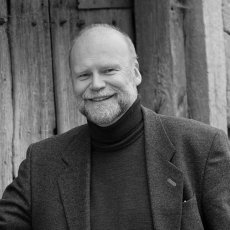
Prof. Dr. Uwe Meiners
Managing Museum DirectorBorn in 1952, after completing secondary school I studied German literature, geography and folklore studies/European ethnology at the University of Münster from 1972 to 1978, completed my first university finals in 1978 and graduated in 1980 with an ergological-linguistic work. In 1978, I became an assistant in the German Research Foundation special research cluster (SFB) 164 “Comparing cities' history”, sub-project B4a “The Diffusion of Urban-Bourgeois Culture” under the directorship of Prof. Dr Günter Wiegelmann. In 1982, he appointed me as a scientific assistant / university assistant to the Seminar for Folklore Studies/European Ethnology at the University of Münster. On 1 July 1986, I assumed the directorship of the Schlossmuseum Jever; since 1 July 1996 I have been the managing director of the Museumsdorf Cloppenburg – Lower Saxony Open-Air Museum.
From 1986 to the present, I have had numerous lecturing posts at the universities of Münster, Göttingen and Hamburg. On 10 February 2003, I was made an honorary professor of the history/philosophy faculty of the University of Münster. The opportunities resulting from the combination of theory, teaching and practice both in the field of material culture (history) research as well as being able to work in practical-scientific museology have been highly rewarding for me as well as being a constant challenge.
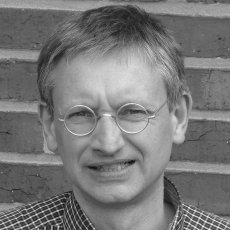
Dr. Michael Schimek
Head of the Building History DepartmentI have been managing the Building History Department of the Museumsdorf Cloppenburg – Lower Saxony Open-Air Museum since 2011. After high-school graduation and an apprenticeship as a carpenter, I studied folklore studies/European ethnology and medieval and modern history at the Westphalian Wilhelms-University Münster, where I received my doctorate in 2001 with a thesis on the state influence on rural building between 1880 and 1930. From 1995 to 1998 at the Museumsdorf Cloppenburg I managed a DFG research project on the transformation in rural building during the industrial age. After brief intermediate stops at the universities of Münster (Seminar for Folklore Studies/European Ethnology) and Bamberg (post-graduate college for art history – building research – monument conservation), from 2002 to 2004 I managed the Mönchgut museums (Rügen) and then the Bad Sobernheim Rhineland-Palatinate open-air museum.
My research focus is on house-building and the everyday culture of the 19th to 21st centuries and open-air museum themes.
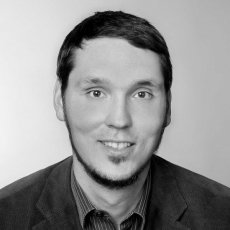
Cai-Olaf
Wilgeroth M.A.
Curator, researcher
As researcher at the Museumsdorf Cloppenburg I am developing Sub-Project C, “Family things: The house and its furnishings in historical comparison”, as part of the BMBF association. Alongside the professional museological development of relevant object horizons, I am responsible for the conception and implementation of the concluding exhibition of the association project in the Museumsdorf.
After a degree in history and political science in Göttingen, I was a scholarship-holder there at the DFG post-graduate college “Interdisciplinary Environmental History” and a co-worker at the Institute for Regional History Research.
For more than five years, I have been running large and small exhibitions in the museum, among others in Jever on regional sepulchral culture and in Cloppenburg on the pre-industrial understanding of the relationship between humans and nature. I research (pre-)modern everyday culture and environmental history. I am particularly interested in the change and perception of materially determined realities of life and culturally influenced material flows. Alongside this, I am concerned with challenges of museology and museum education between science and society.
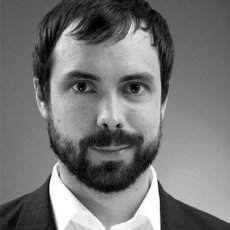
Christian
Petersen M.A.
Research assistant
As a research assistant in the BMBF association I support the Sub-Project C “Family things” of the Museumsdorf Cloppenburg. My tasks are in the field of literature and materials research and in documentation and indexing of objects with a view to the later exhibition.
In my master’s degree course “Museum and Exhibition” at Oldenburg University I am currently acquiring well-grounded experience in the conceptual development and realisation of exhibitions.
After a first degree in cultural studies and sociology at the University of Bremen, I participated as a research assistant in the conception and development of the new long-term exhibition in the department of modernism at the Hamburg Museum for Art and Trades. As a museum guide, I have learnt how to look at exhibitions through new and unusual perspectives.
